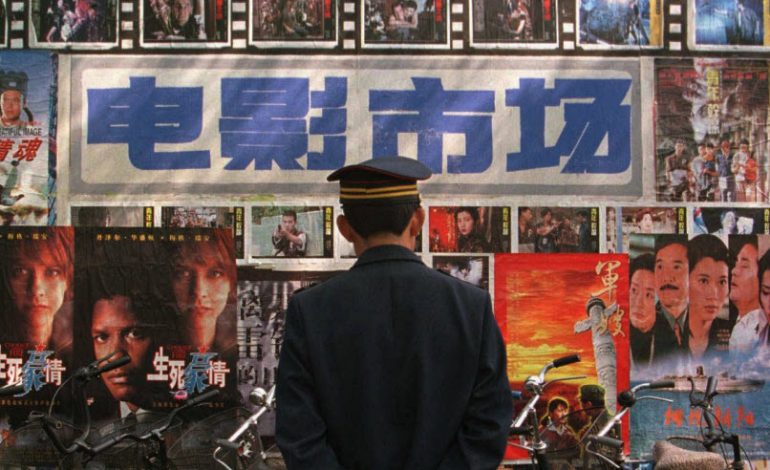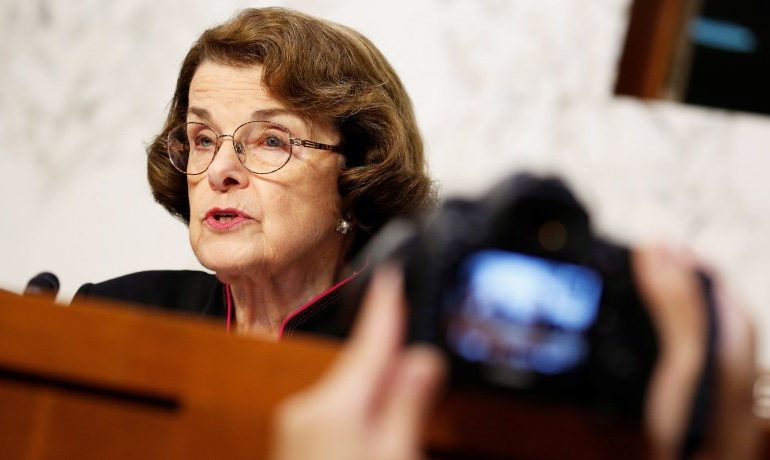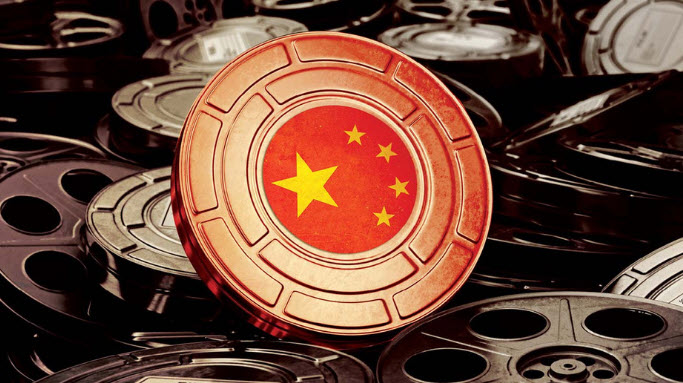
Made in Hollywood, Censored by Beijing
By PEN America
Released Summer of 2020
Made in Hollywood, Censored by Beijing describes the ways in which the Chinese government and its ruling Chinese Communist Party successfully influence Hollywood films, warns how this type of influence has increasingly become normalized in Hollywood, and explains the implications of this influence on freedom of expression and on the types of stories that global audiences are exposed to on the big screen. Hollywood is one of the world’s most significant storytelling centers, a cinematic powerhouse whose movies are watched by millions across the globe. And yet the choices it makes, about which stories to tell and how to tell them, are increasingly influenced by an autocratic government with the world’s most comprehensive system of state-imposed censorship.
The free expression implications of this fact are significant, and far-reaching. By influencing which stories Hollywood tells, the Chinese government can soften the edges or erase depictions of its human rights abuses; it can dampen movies’ call for change or encouragement of resistance in the face of oppression; and it can discourage or silence filmmakers interested in making movies that question or critique the Chinese government.
Hollywood’s choices have global implications. If prominent Hollywood studios or filmmakers fear to push back against such influence, there is less chance that others around the world will dare to do so. It also reduces the opportunities for independent or exiled Chinese filmmakers looking for a new home for their talents, and undercuts any argument from Chinese filmmakers that the country’s censorship system is inconsistent with international norms of artistic freedom.
There are countless stories to be told about China, and those that are non-controversial from Beijing’s perspective are no less valid. But there are also stories to be told about the ongoing crimes against humanity in Xinjiang, the ongoing struggle of Tibetans to maintain their language and culture in the face of both societal changes and government policy, the prodemocracy movement in Hong Kong, and honest, everyday stories about how government policies intersect with people’s lives in the world’s most populous nation. Yet the space for filmmakers to tell such stories is shrinking—at least, unless they are willing to forego access to the world’s largest box office.
Stories can affect change. They can galvanize people. And they can speak truth to power. But not when they are censored, sanitized, or hijacked for a specific political purpose. And certainly not if they never get told in the first place.
It is this concern that has motivated PEN America to undertake this research, to publish this report, and to sound an alarm over the censorious influence that Beijing is able to wield over Hollywood—influence that we expect will only deepen in the future. It is our hope that filmmakers and studios will take seriously the implications of how they respond to both overt and indirect influence from the Chinese government, and choose to stand firmly in defense of creative freedom.


